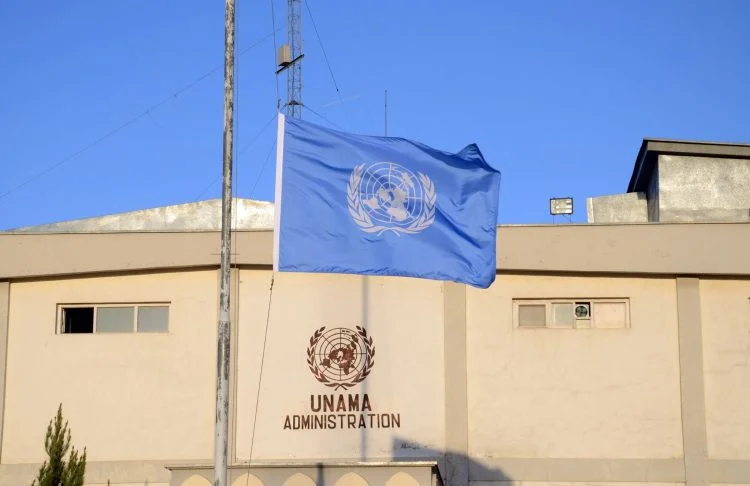Pakistan has been ranked among the top 15 global military powers in the 2025 Global Firepower (GFP) Index, securing the 12th position out of 145 countries considered for the annual review. India, Pakistan’s nuclear-armed neighbour, ranked higher at 4th place.
“The GFP Index denotes Pakistan as a top 15 global military power,” the GFP stated on its website. “For 2025, Pakistan is ranked 12th, reflecting its strategic military capabilities.
In terms of specific military strengths, Pakistan ranked 7th globally for air fleet strength, while India was placed 4th. For naval power, Pakistan was ranked 27th, with India ahead at 6th position.
Also See: PAF Secures Place Among Top 10 Most Powerful Air Forces
”The GFP Index highlighted that while both nations continue to grow their military capabilities, India maintains a stronger position in certain areas, such as naval and air fleet strength.
The GFP Index, which assesses military strength based on over 60 individual factors, including military units, financial standing, logistics capability, and geography, placed Pakistan with a PowerIndex (PwrIndx) score of 0.2513. A perfect score is 0.0000
This news is sourced from The Express Tribune and is intended for informational purposes only.

![Pakistan ranks 12th in the 2025 Global Firepower (GFP) Index, securing a spot among the top 15 global military powers. [Image via The Express Tribune]](https://southasiatimes.org/wp-content/uploads/2025/01/nas1738164115-0.webp)




